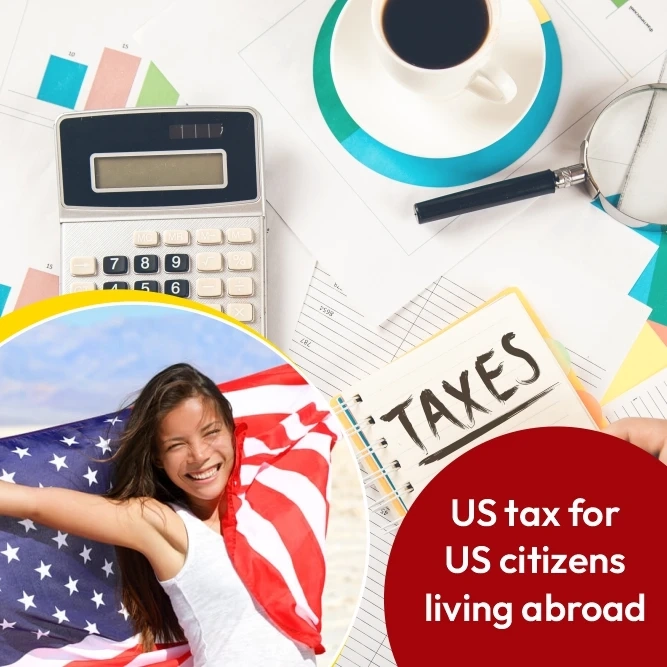Every year, those with the right to US citizenship, as well as US citizens and green card holders, are obliged to submit a federal income tax return in which they disclose their global income, regardless of where they reside. US citizens living abroad expat taxes may also be due from them. In theory, tax treaties are designed to stop two nations from taxing the same revenue twice. Although the US has signed tax treaties with more than 70 other nations (and more are planned), these agreements often give foreign nationals living in the US more protection from double taxation than US residents living abroad.
To put it simply, double taxation is when you are required to pay taxes twice on the exact source of income. As an illustration, a US citizen may be managing sales in Hungary. Then, when tax season arrives, you must use the same fund to pay US and Hungarian taxes. Although this is a case of double taxation, there exist treaties that can prevent it from happening in real life. Below, we expand on this. You might wonder why double taxes are permitted. It is just a result of the people the American people choose to serve in their government. Therefore, those working for the government are the ones who implement double taxes.
Tax treaties are often not very beneficial in safeguarding the majority of US expats from double taxation. The good news is that there are several other approaches to accomplishing this. The Foreign Earned Income Exclusion allows expats to avoid paying US taxes on their income up to around $100,000.The exact threshold increases yearly, but expats who make more than this amount and rent their homes overseas can claim the Foreign Housing Exclusion to deduct a percentage of their rental costs. By submitting form 2555 with a federal return, you can claim the foreign earned income exclusion and the foreign housing exclusion.
As they may claim more US tax credits than they need and carry their extra credits forward for future use, this is frequently a suitable approach for expats who have paid more tax abroad than they would owe to the US. By now, it should be evident that expats must always file in order to claim the exemptions that allow them to avoid double taxation and that they must strategically choose which exemptions to argue based on their circumstances (to file most beneficially in terms of tax efficiency). Depending on their specific circumstances, it may or may not be advantageous to use a tax treaty\'s provisions as part of this plan.
With any luck, this essay has helped you better grasp what US double taxation is and how foreigners may prevent it. However, US tax law is anything from simple—especially for residents who reside outside the country. It\'s simple to make a mistake and either miss a deadline or pay more than necessary.
Every week, USA Expat Taxes assists tens of thousands of Americans living overseas in paying their taxes, becoming tax compliant, and avoiding double taxation. Our business offers the only tax software explicitly created for US citizens living abroad at a set, reasonable cost.



